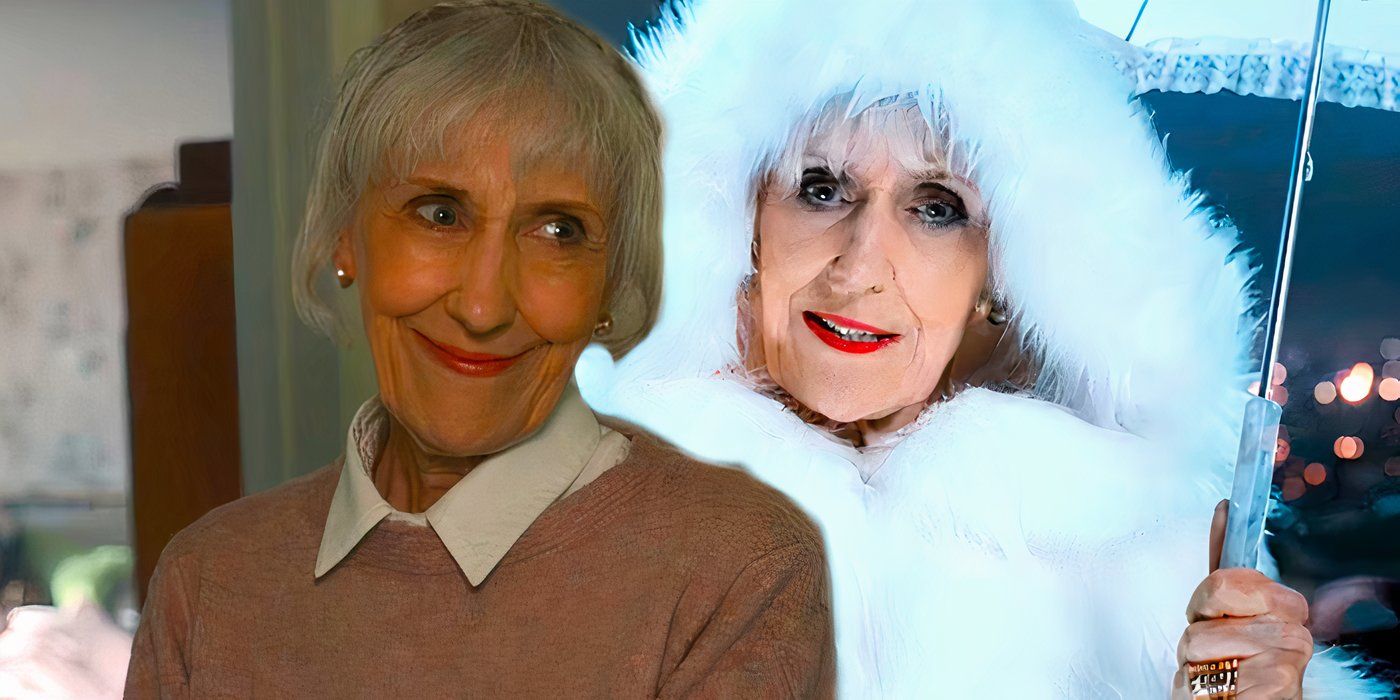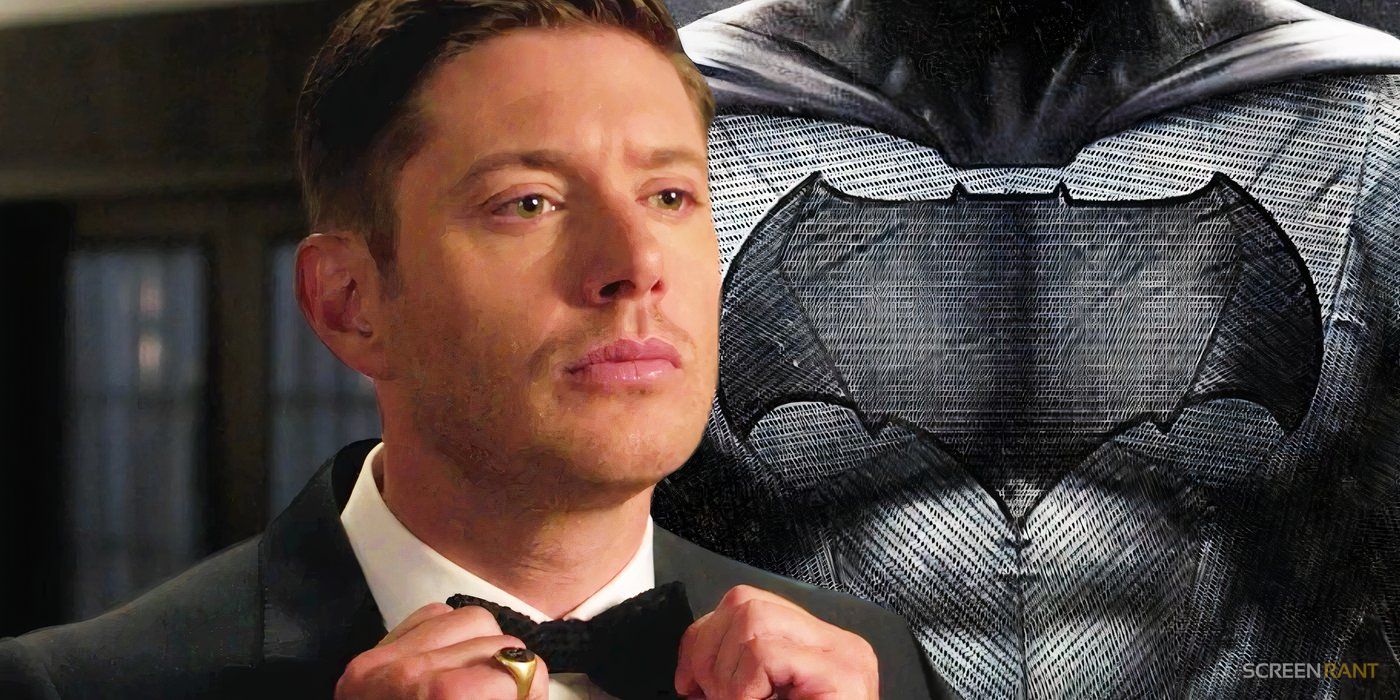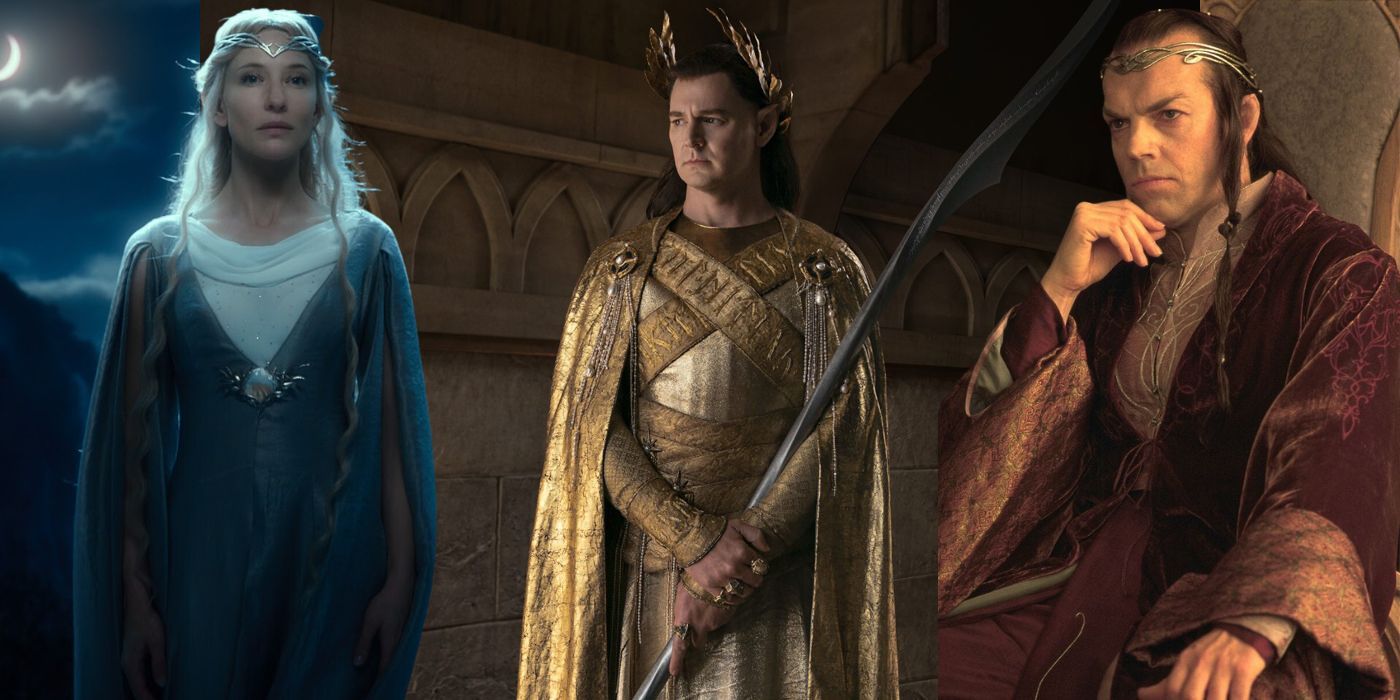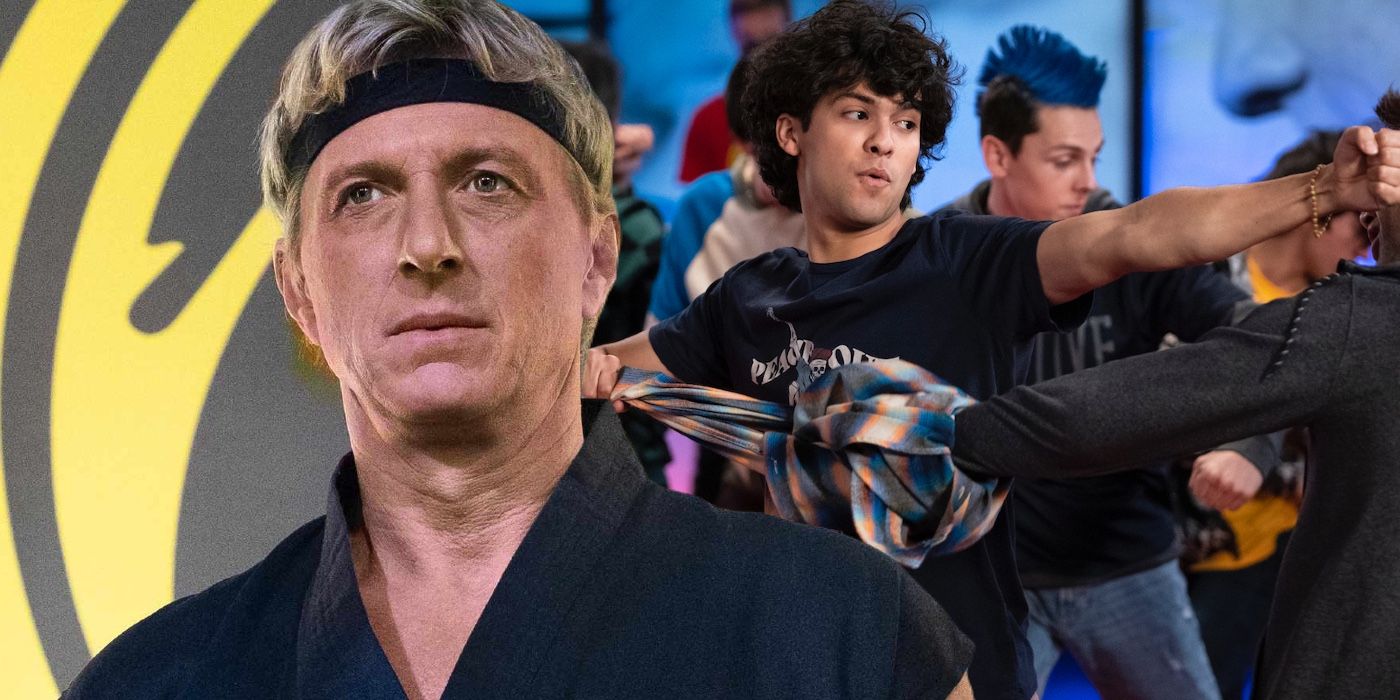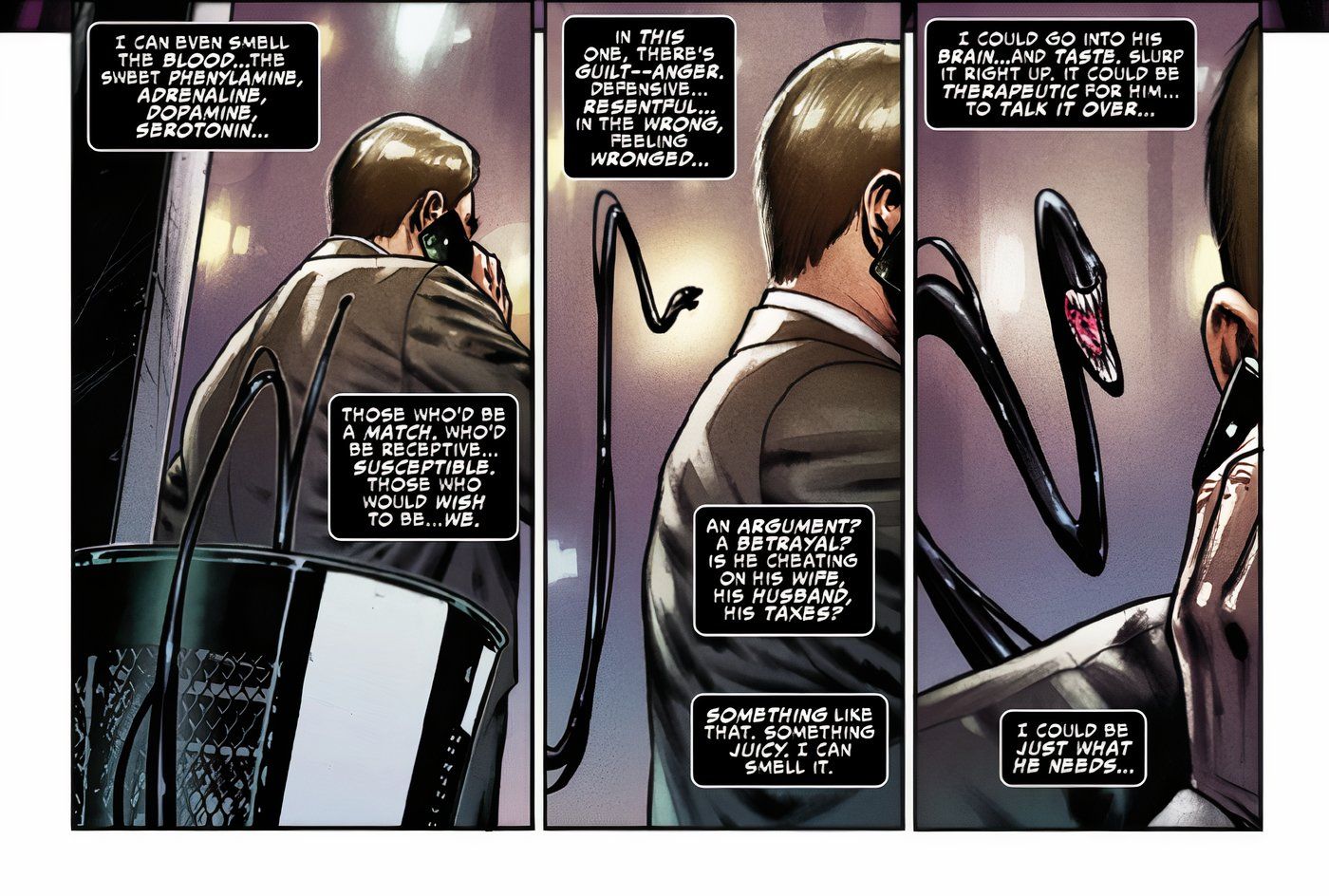What if two quite different versions of the same thing are both brilliant? What if in their distinct differences lies this quality that makes them equal or, more accurately, equally great? Hopkins and Mikkelsen delivered the character of Dr. Hannibal Lecter (also known by his catchy -if not obvious and somewhat tacky- serial killer alias ‘Hannibal The Cannibal’), each one with his own unique interpretation of the role: Hopkins as horrifying and heinous, Mikkelsen as mysterious and mystifying.
To be clear, this list will draw no conclusions; it just goes to show how their choices worked to the benefit of their own adaptation of the character and their own medium, thus making each one better than the other in some aspect (potential spoilers follow).
Mads Mikkelsen: Flamboyantly Detached (But Also Somehow Sensitive)
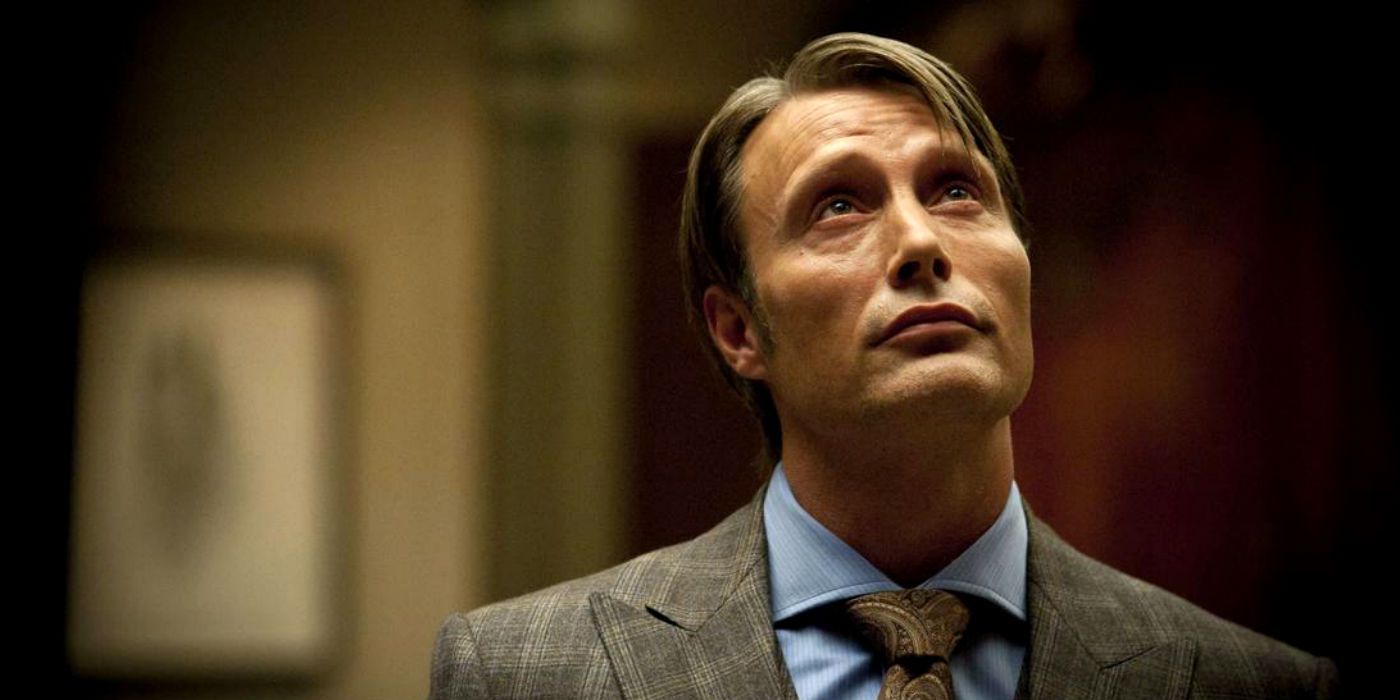
The gourmet cook, the immensely talented composer and artist, the well-respected doctor and also… the one Hannibal who almost deceived us time and again (like he did the other characters) into believing that he might have good in him. Think about it: he calls Will his friend and “supports” him (even when Will tries to have him killed), he appears to be there for Abigail Hobbs and for Jack Crawford, he even cries for Abigail after her alleged death. Yet he does all these with a peculiar mixture of his usual detachment and a unique sensitivity; he never becomes angry or deliberately frightening. In the book Red Dragon by Thomas Harris, Will says about Lecter that “he’s not insensitive”. Of the two actors, Mikkelsen is definitely the one who delivers this.
Anthony Hopkins: Theatrically Horrifying (But Also Somehow Courteous)
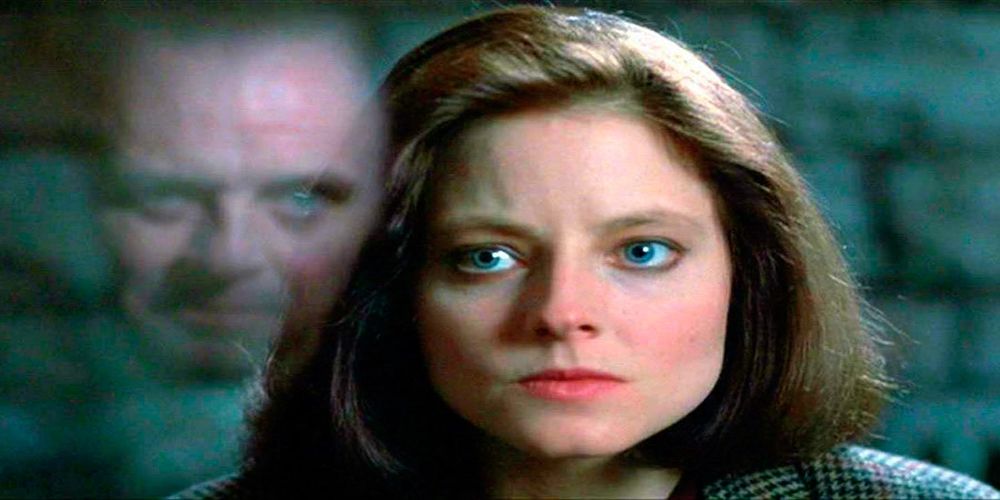
One of the first things we think about Hopkins’s Lecter when we see him in The Silence Of The Lambs is that he is courteous and treats others with respect (as long as he believes they deserve it; if not…). He seems perfectly normal, greets Agent Starling nicely, and requests a chair for her.
But as the conversation progresses, he really changes his tactics: it becomes evident that he enjoys the fear he invokes, this evil he alone represents for others, and this manipulation that gets him inside their heads. Everything from his expressions to his words to the look in his eyes reminds us that he is horrifying and proud of it.
Mads Mikkelsen: Sexually Stylish
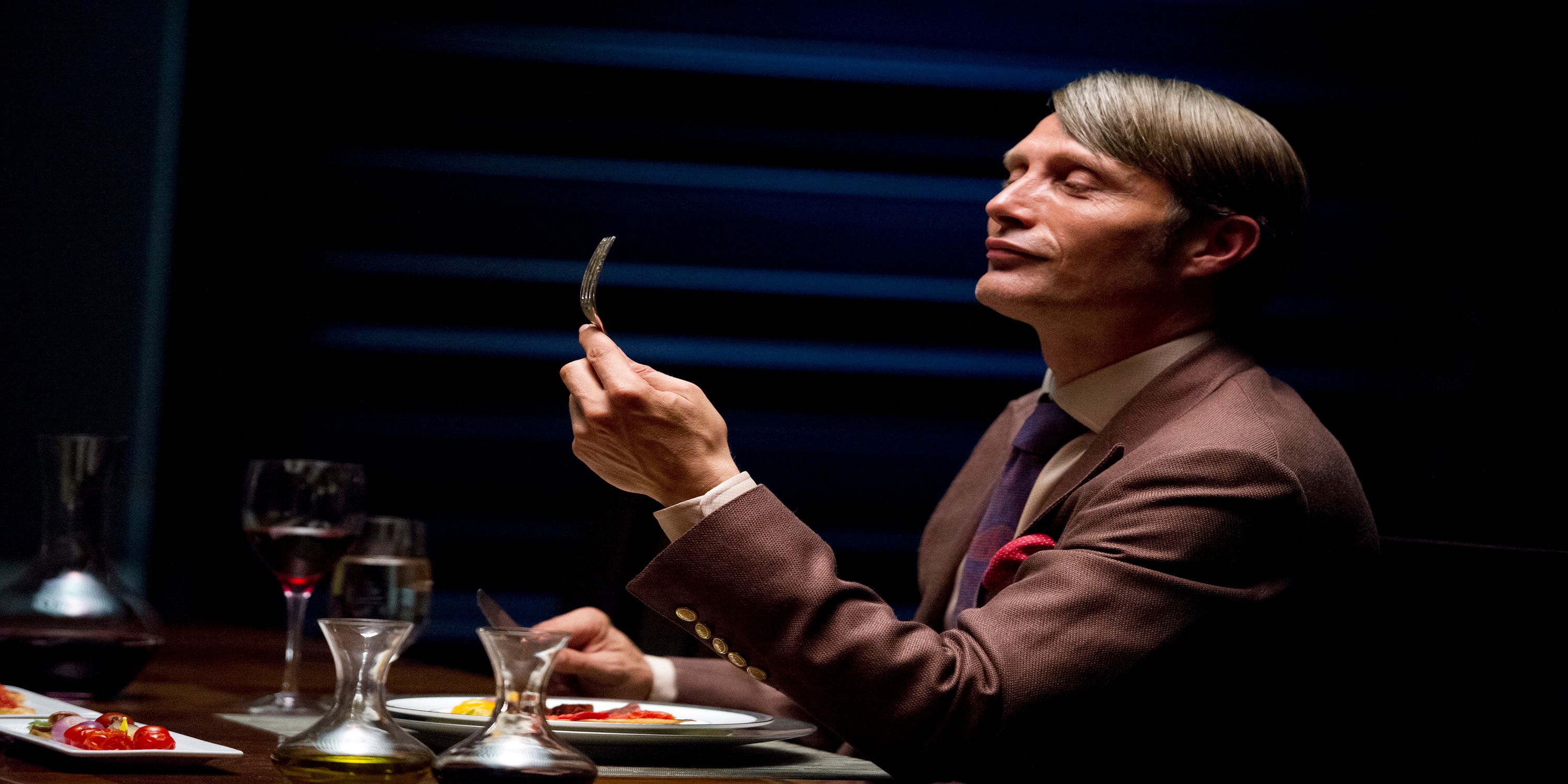
Out of the two Hannibals, Mikkelsen is without a doubt the one who brings to the center stage this extremely refined and exquisite taste and style that Lecter has; it is apparent in everything from the music he listens to, to the art he loves, to the way he cooks (let us not mention his main ingredients), and of course his choice in garments.
This has certain results: women want to be with him and men want to be like him (some men want to be with him too if one is reading the undertones of his relationship with Will), at least until everything is revealed (even after that considering the vast amount of fan mail he receives in the Baltimore State Hospital for the Criminally Insane).
Anthony Hopkins: Creepily Charming
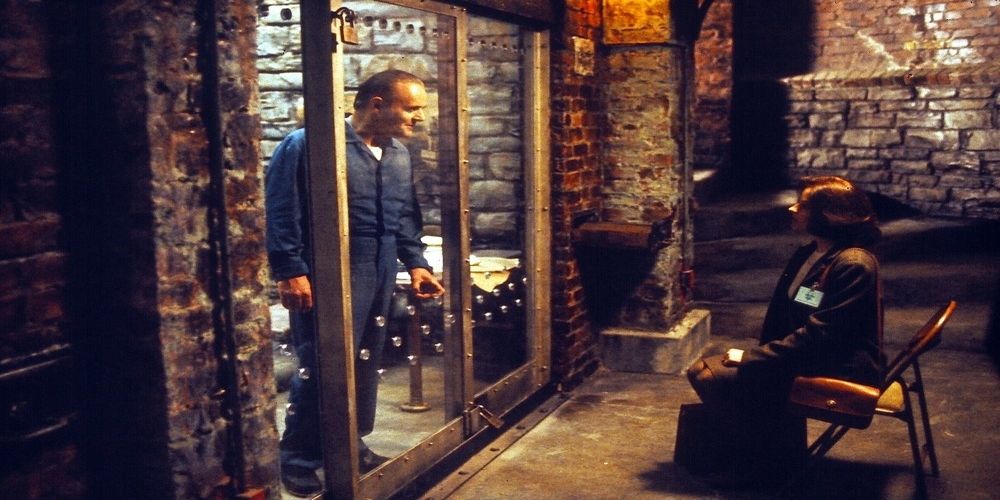
One has to give this to Hopkins: he portrays someone unquestionably bad (the audience knows it; the other characters know it) and yet he occasionally makes people root for him. His attitude, this creepy sensation he delivers with every line and look, makes him simply fascinating. This is a total inversion of morality of course (no doubt some cheered when he implied that he would have Chilton for dinner at the end of The Silence Of The Lambs), but he tends to make us forget that, only to remind us seconds later. Throughout this roller-coaster, he maintains his charm.
Mads Mikkelsen: A Force Of Gradual Corruption
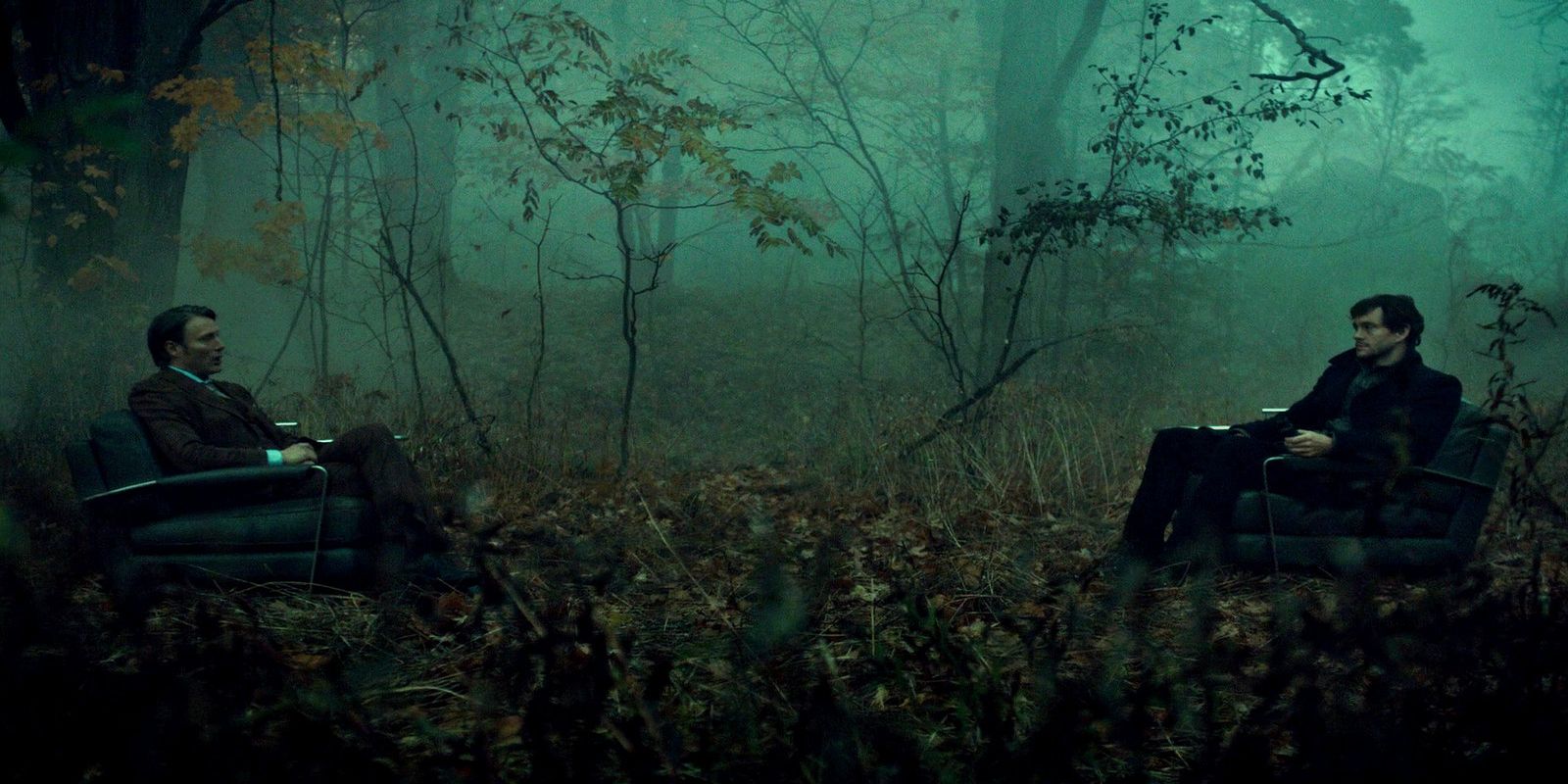
It is interesting to note the difference in how the other characters perceive Hannibal Lecter between the films and the show. For a long time in the show, no one (with the exception of Will) suspects Hannibal and it is even pointed out that it is as if suspicion slides off of him. He is very good at hiding what he is; he wears a “person suit” as Dr. Du Maurier calls it. And so gradually, but surely, he corrupts those around him: Will, Abigail, Jack, Bedelia, Chilton (admittedly, he just needed a small push). When he asks Bedelia at the beginning of season 3 “Are you observing or participating?” one gets this weird sense that he extends this question to the audience, as if he implies that we cannot avoid the corruption of his influence – that by virtue of being keen observers, we become participants.
Anthony Hopkins: An Evil That Cannot Be Hidden
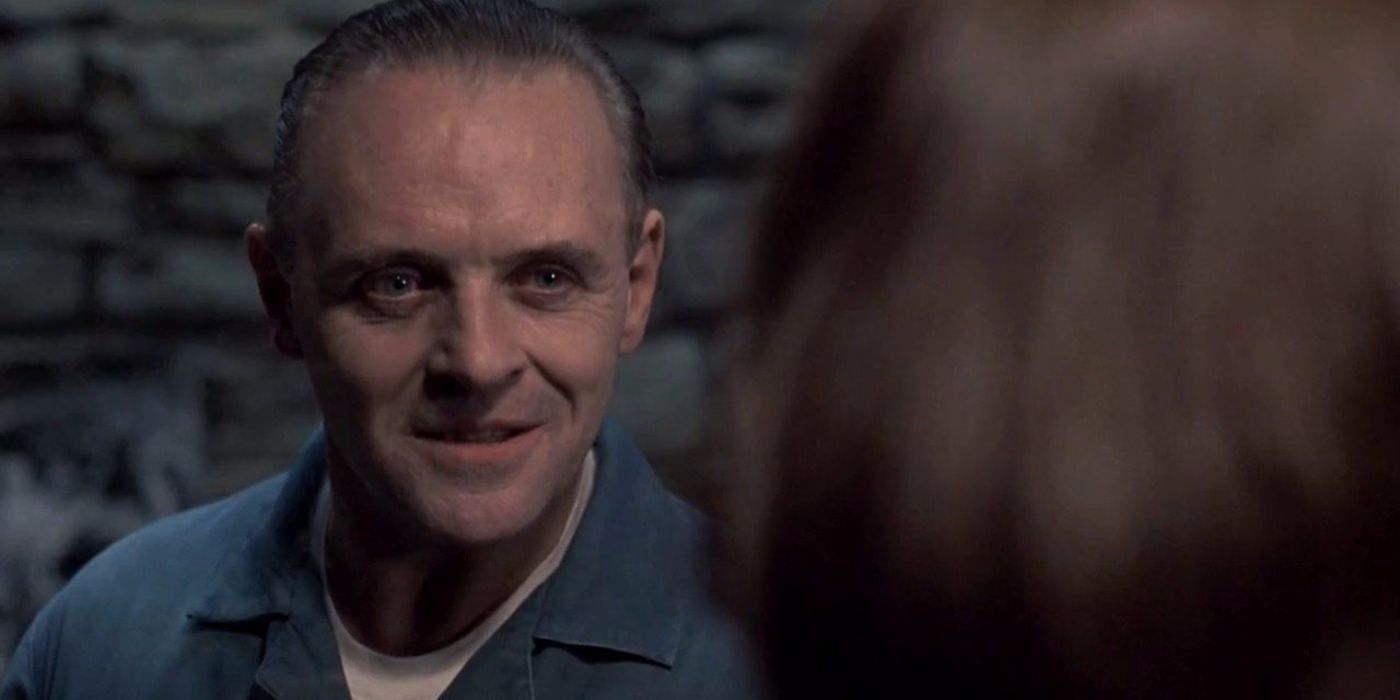
Hopkins’s interpretation of Hannibal is so profoundly and beautifully evil that one is surprised how he managed to evade suspicion for so long (this is of course only hinted at in the films, since they start years after he was apprehended). He is a proper movie villain, one that the various casts of “good” characters distance themselves from very clearly.
He does have an added bad influence to some, like Francis Dolarhyde in Red Dragon and Mason Verger in the film Hannibal (but they were already bad in their own accord), while he himself fervently denies being seen as a result of traumatic events/influences. He is what he is because he likes it.
Mads Mikkelsen: Evil In An Evil World
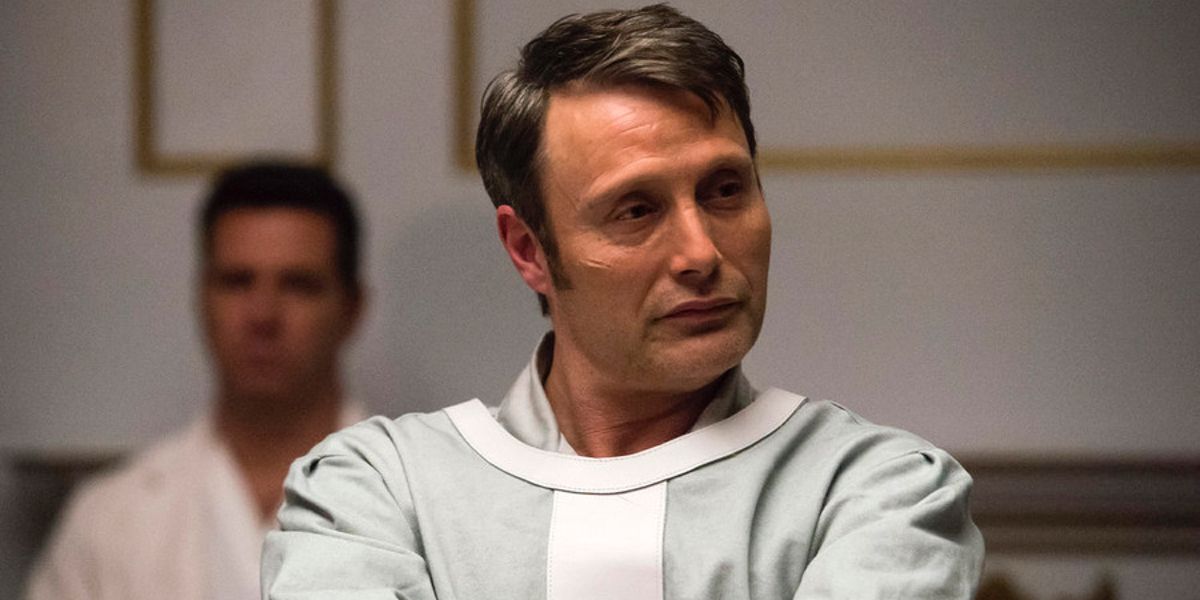
It seems strange how common psychopaths and serial killers are in the universe of the show Hannibal, just like it seems strange how easily Hannibal’s effect spreads, but when we consider the main character and his raison d’être here, we understand that he fits this motif, this setting, impeccably.
He is the perfect iteration of Hannibal as a character for this show: he is evil in an evil world. The point of this Hannibal is to remind those around him that he is not the only bad one. Who does not remember Will stating “You don’t know whose side I’m on?”
Anthony Hopkins: A Monster Unlike Anything Else
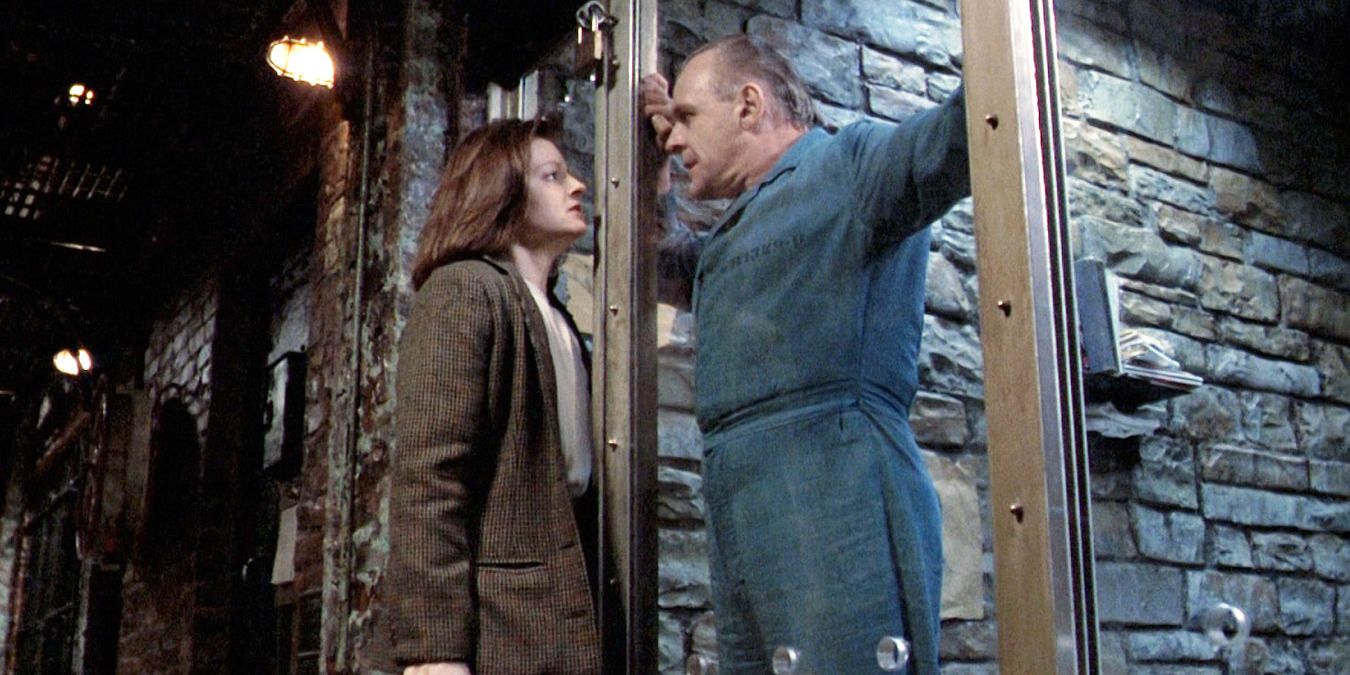
With Hopkins one harbors no such self-doubt, neither does he invoke some deep self-evaluation in regards to morality or hypocrisy; that fits the movies perfectly, considering how they are much more traditional (but still ground-breaking) crime thrillers than the show is. The other characters resist him: Graham never fulfills Hannibal’s prophecy that they “are very much alike”, Clarice Starling is the hero who saves the day, film Crawford never goes to the lengths of show Crawford. This works in the movies because the purpose here is to essentially create three opposing frontiers: the “good guys”, the serial killers they hunt, and Hannibal as one category by himself, a monster unlike anything else.
Mads Mikkelsen: The Devil At An Advantage
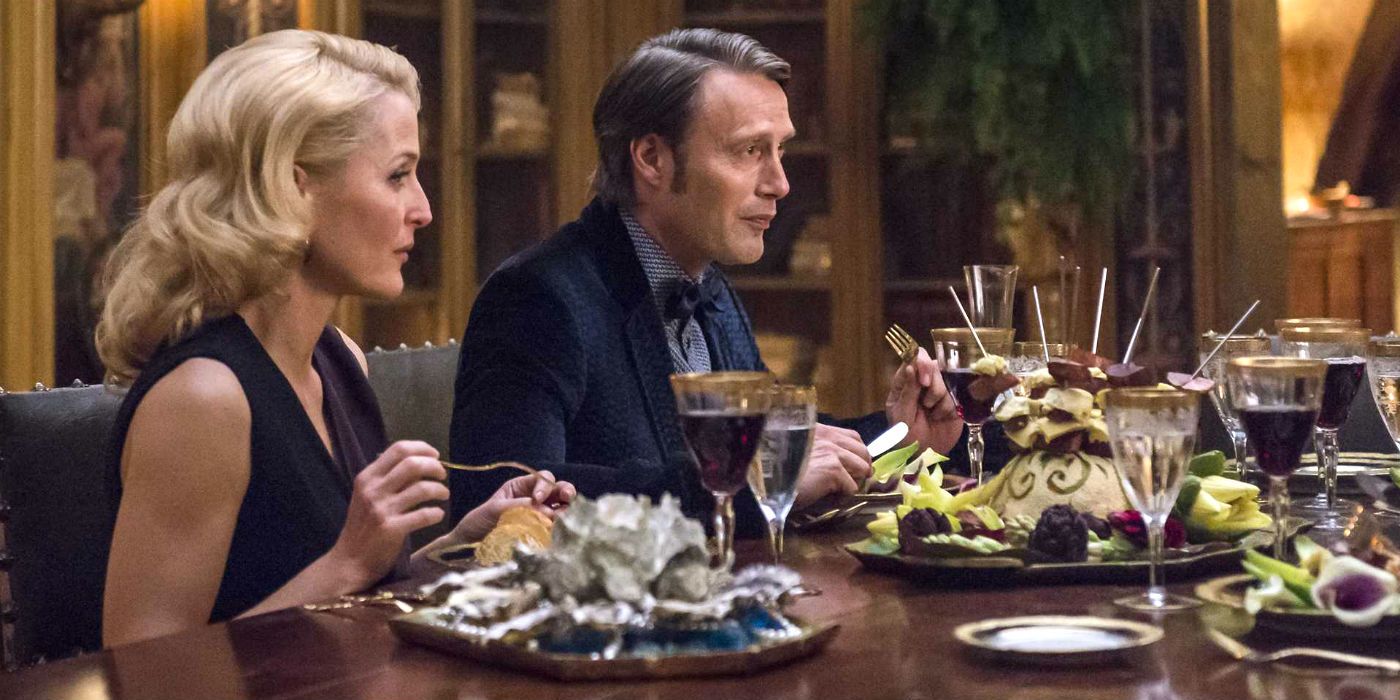
This Hannibal is at an advantage for the better part of the show; a master manipulator and puppeteer, he is still free and very respectable, with all the time in the world for the audience to observe him as he gradually unfolds his “design” and messes up people around him.
He is always one step ahead, and even Will (who is comparable to him in intelligence and understanding of people) realizes the truth only by pure instinct without evidence. This Hannibal is always presumed innocent (up until a point) because he knows how to work everything to his own benefit.
Anthony Hopkins: The Devil At A Disadvantage
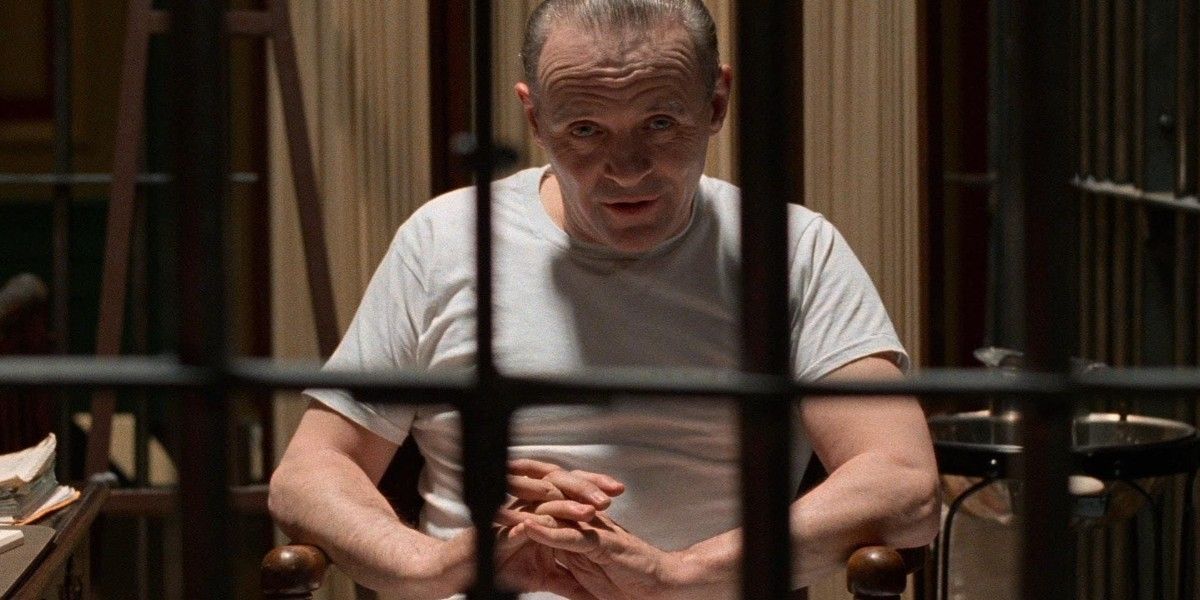
This Hannibal starts his narrative in the films in the exact opposite way: he is in prison, already condemned, and with the certain knowledge that if he ever escapes, the entire force of the FBI (and potential enemies) will be hot on his trail. He has the advantage both iterations of the character have: his superior intellect and cunning. But other than that, the plot places him in a perpetual disadvantage: he is in prison, then in a different prison, then on the run. Which is exactly why what he achieves is so brilliant: psychologically he always retains the upper hand; even behind bars, he exerts power over others’ minds and emotions (even though they are aware of his intention to do so).
